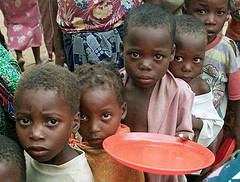 Are there really failed marriages and relationships or do we just change?
Are there really failed marriages and relationships or do we just change?
I met an interesting man while travelling in Africa. We stayed at his hotel on a remote island in Mozambique. It had been his dream to run a resort. His great passion is the sea. Before he built his hotel he did many jobs in different industries but would always retreat to the ocean in the evenings and on weekends, fishing for endless hours, scuba diving, and snorkelling.
One night over drinks he talked to me about his “failed” marriage. He said he was still grieving the loss of his wife and regular contact with the children. But he told me something that surprised me. “The problem was that she hated the sea. She wouldn’t even walk on a beach. She hated sand … We always fought about it.”
Strangely on the same trip I met a woman whose passion was surfing. Similarly, she had spent many years with a bookish intellectual who couldn’t understand her need to get up every morning and drive to the surf; accusing her of not loving him enough to stay in bed. Continue Reading →








